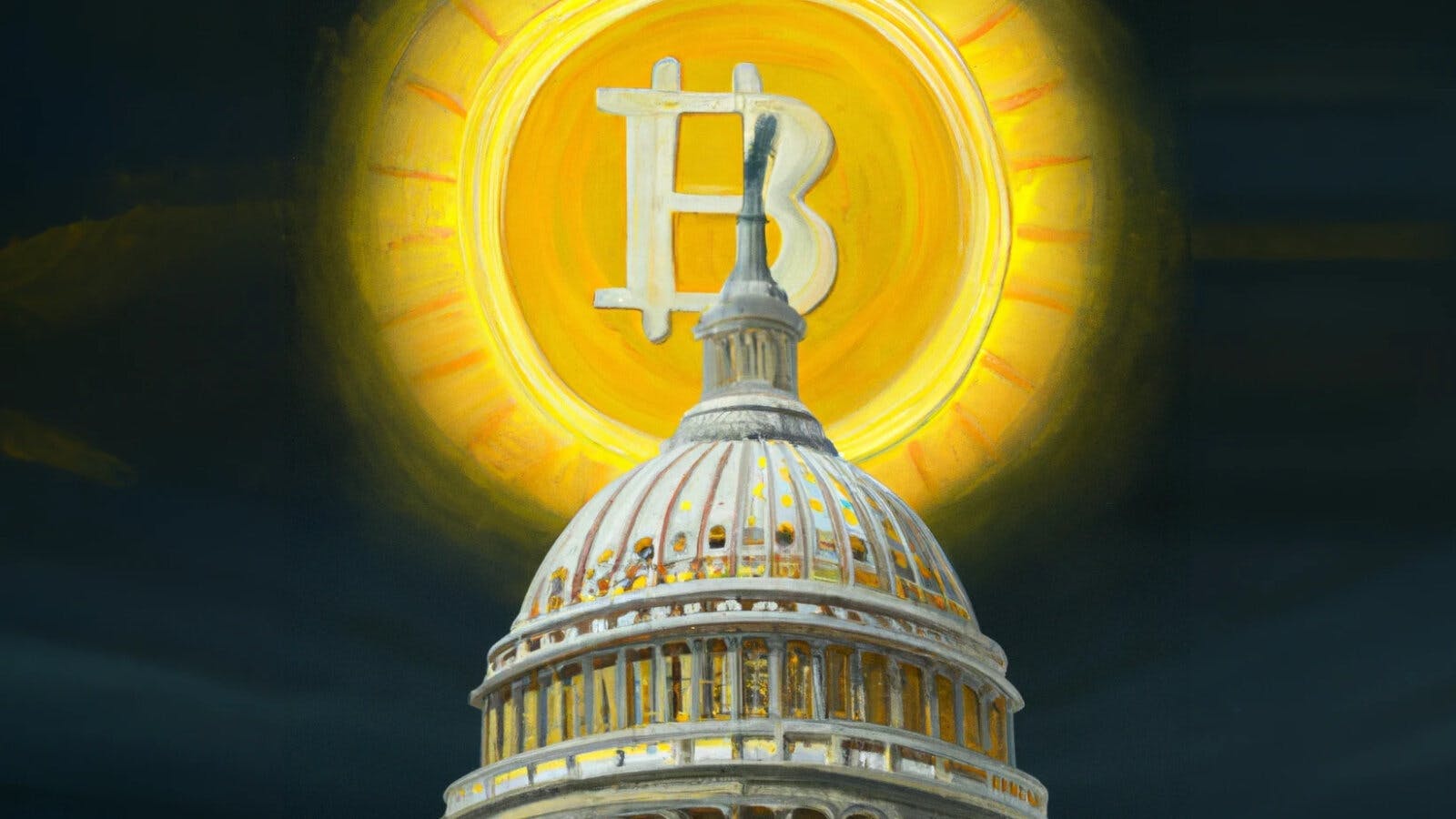DeFi Should Transcend Power, Promotion and Politics
How to educate regulators and institutions about the nuances between DeFi and CeFi

DALL-E
The recent revelations surrounding cryptocurrency exchange FTX and its Siamese twin Alameda Research strongly indicated that CEO Sam Bankman-Fried and regulators had a common target in their sights — DeFi.
I remain concerned that regulators and institutions will lump DeFi with its more centralized counterparts — the latter describing a category that includes exchanges like FTX, crypto lender Celsius and others that bring conventional organizational structures and familiar user interfaces to crypto.
DeFi, on the other hand, greatly reduces the points of failure and has proven itself remarkably resilient. The differences matter. In the rush to “do something,” careless conflation and inattention to nuance will most certainly leave everyone worse off — with bad policy, stunted innovation and a more fragile financial system.
Making the rules
Most participants in crypto aren’t anti-regulation so much as anti-arbitrariness. They like their rules — and rulemaking — clear, open, narrow, reliable and consistent.
In contrast, SBF undertook no small amount of effort to guide the government toward broad regulation that would have been hostile to DeFi. Exploiting the tendency to confuse visibility with leadership, SBF even earned a much-coveted meeting with SEC Chair Gary Gensler where, it is alleged, discussion of an SEC-approved centralized crypto trading platform took place.
As FTX was founded just over three years ago, it’s difficult to remember any other company that reached for — let alone so firmly grasped — the lever of regulatory capture quite so early in its history. With powerful, centralizing forces in the public and private sectors operating in closed-door environments, a near-perfect inversion of DeFi’s values took place.
DeFi means transparency and reliability
With crypto’s basic technologies, we are able to publish indelible transaction data and unstoppable software. The data is publicly available on consensus-managed general ledger that is highly tamper-resistant, with its records becoming more secure over time as the blockchain grows.
The smart contracts run unerringly as designed once published, with the code free to inspect. That’s why a heavy investment in independent audits is vital.
Now, consider these benefits apart from their controversial, misunderstood category — cryptocurrency writ large, and DeFi in particular. When done soberly, it’s hard to imagine why any regulator or auditor would actively work to discourage examination and adoption of such technologies.
All bugs, technical and financial, are shallow
They say that with enough eyeballs, all bugs are shallow — that is, easy to bring to light and remedy. This is true of both software code and financial fraud. For those reasons, it would be far more difficult to execute an FTX-like fraud within a DeFi environment. At the very least, it would be caught by humans or code well before an eleven-figure crater formed.
That’s because smart contracts do not bend or break rules. You cannot spoof balances. Reserves are viewable and provable. All activity is 100% transparent. Any type of lending or otherwise collateralized position can and will be liquidated if it becomes unhealthy. Further, if any DeFi project wants to engage in rampant self-dealing in an FTX/Alameda-like scenario, its code would have to be 100% transparent about this intention.
Notably, Alameda and FTX did partake in some DeFi activity…and those loans were repaid, in full, precisely because the code saw FTX as just another user. No handshakes. No special deals. Just code.
While DeFi’s critics may often point to high-profile “rug pulls,” these events speak to the relatively small, freewheeling “degen” culture and a brand-new market’s predictable level of bad behavior than it does DeFi itself. Last May’s high-profile case of Terra/LUNA, a failure often laid at the feet of “DeFi,” involved a project that lacked transparency and possessed financial controls only slightly worse than FTX. Still more “DeFi hacks” can be attributed to improper code audits or flaws in bridges, or connective infrastructure between projects. All things being equal, if we evaluate the best of DeFi with the best in conventional finance and centralized crypto services such as FTX, DeFi wins on the basis of transparency and reliability.
DeFi’s way forward
“Only a crisis — actual or perceived — produces real change,” wrote economist Milton Friedman in an introduction to Capitalism & Freedom. “When that crisis occurs, the actions that are taken depend on the ideas that are lying around.” Friedman was talking about political ideas and, frankly, that’s the very last place we should look for solutions.
Conversely, politicians and regulators should look to the best of DeFi for its promising technologies, highly mature projects, thriving proofs-of-concept, and provable early success.
We are working toward a future where it is impossible for humans to corrupt finance. Setting aside passions and prejudice, we welcome a discussion with lawmakers and institutions on the way to a better and more transparent future.
Jeff Garzik is the CEO and co-founder of Bloq and the co-founder of DeFi platform Vesper Finance. He was one of the earliest volunteer developers for Bitcoin.
Get the news in your inbox. Explore Blockworks newsletters:
- The Breakdown: Decoding crypto and the markets. Daily.
- 0xResearch: Alpha in your inbox. Think like an analyst.






